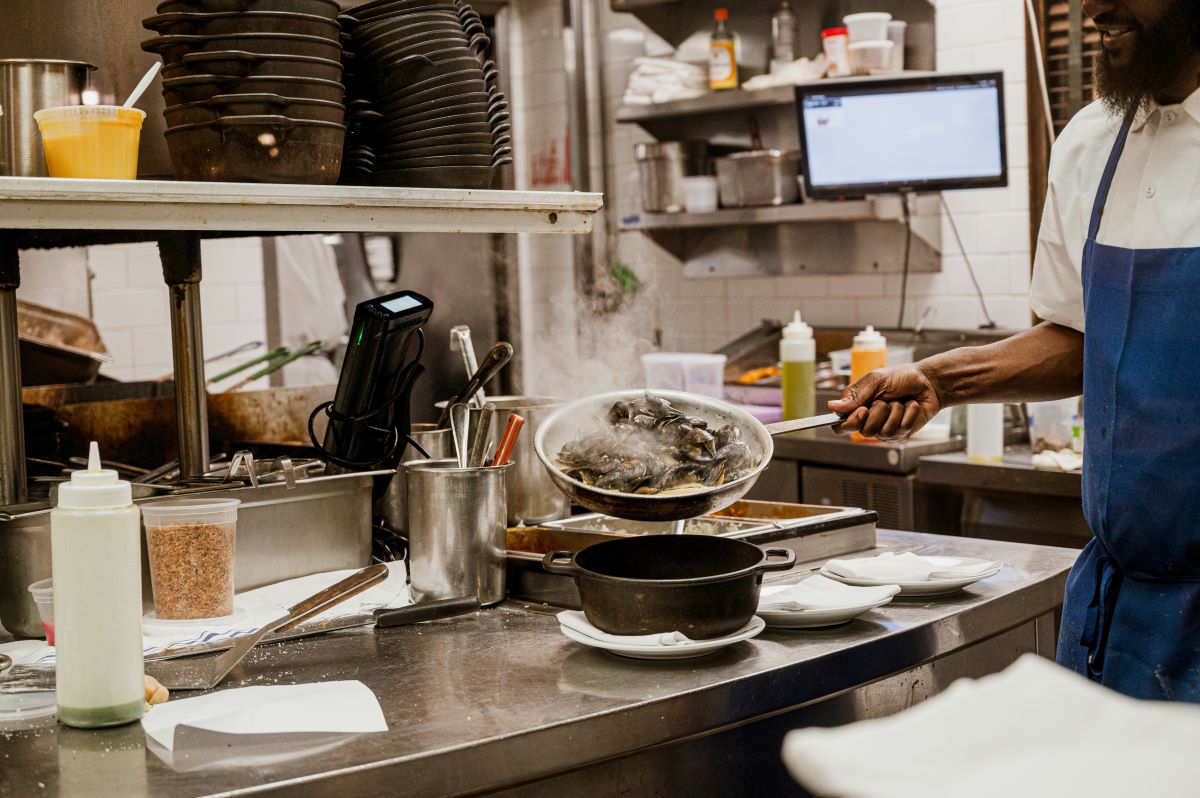
[Flash] Why Jack Lowden Watches His Hollywood Mentors Make Mistakes
|
Jack Lowden, an actor on Apple TV’s spy thriller series Slow Horses, recently appeared as a guest on Late Night with Stephen Colbert to promote the show’s new season.
During the interview, Stephen asked Jack about working with his co-stars, Hollywood icons Gary Oldman and Kristin Scott Thomas. In particular, Stephen was curious about Jack’s habit of going to work even when he’s not scheduled to perform. Stephen: “Is it true you show up on days you’re not shooting just to watch them [Gary and Kristin] shoot?” Jack smilingly confessed, “Yeah. I once hid behind the sofa and just observed.” Stephen: “And what are you learning by doing that?” Jack: “I like watching them make mistakes. Because they do – they make mistakes.” He continued, “As a young actor, it’s important to watch legends like that make mistakes. Of course, they make fewer mistakes than good takes. But I go, ‘Oh, right.’” As if suddenly discovering that his mentors are human. When Jack sees their imperfections, it normalizes his own – an important tactic to mitigate imposter syndrome while validating his learning journey. People observe their mentors to inform their own actions and behaviors, including stumbles. Watching someone we respect make a mistake,
Mentoring doesn’t always entail sharing time-earned wisdom. Mentoring often occurs in the space that lacks labels and targeted advice. When I became a new lawyer, I spent my first year shadowing senior associates and partners, observing their interactions with clients. This experience undoubtedly shaped my client engagement skills. When I ventured into the world of public speaking, I intentionally observed seasoned speakers enthrall an audience, which greatly influenced my speaking style. But I also bore witness to their missteps, a refreshing reprieve – their blemishes forgave my own. It uncloaked my formidable mentors and confirmed my learning process. Mentoring only works when we pay attention. We must notice experienced professionals navigating situations, fumbling, and growing as they go… just like us. © 2024. Ann Tardy and MentorLead. www.mentorlead.com. All Rights Reserved. |







